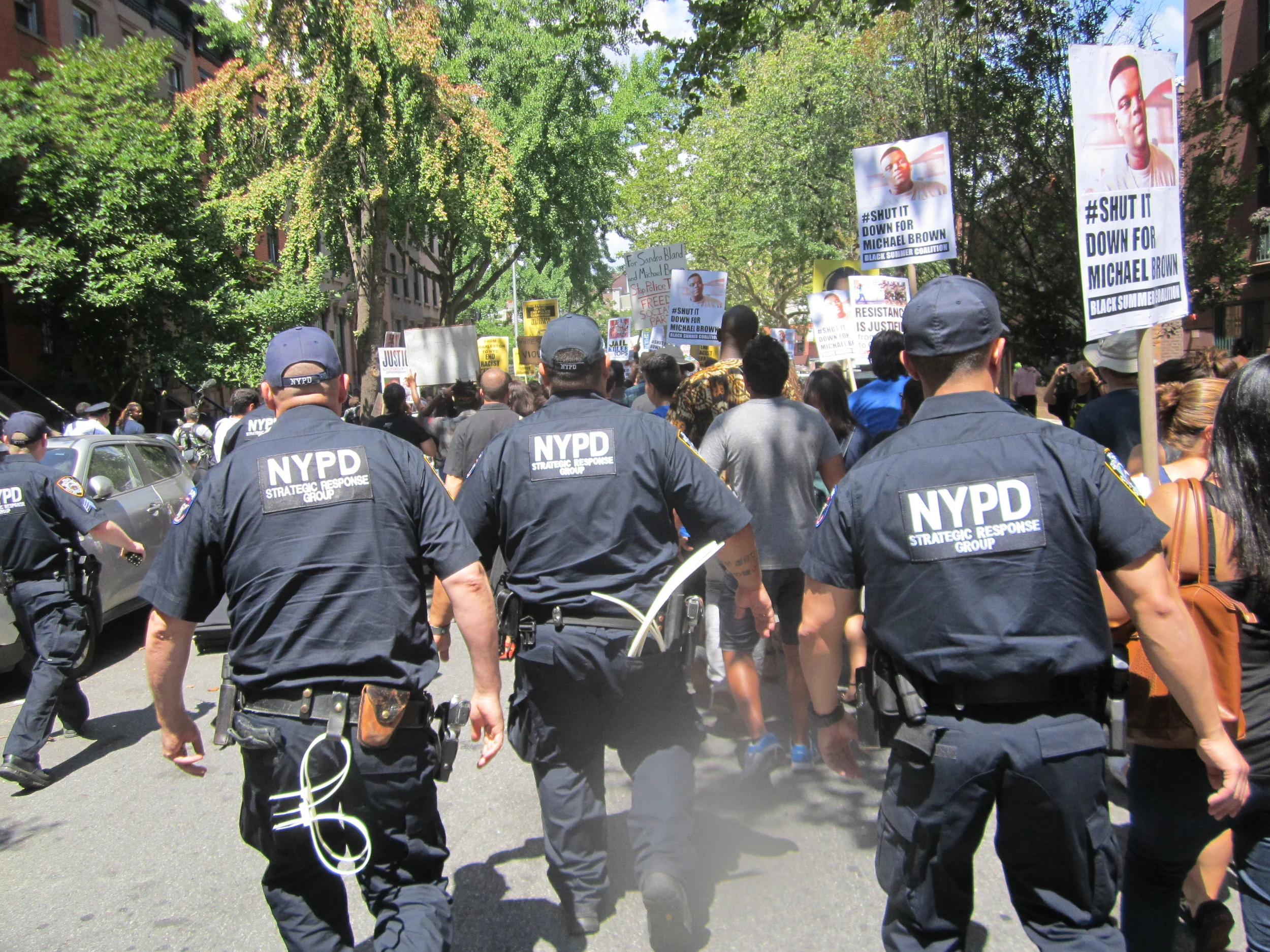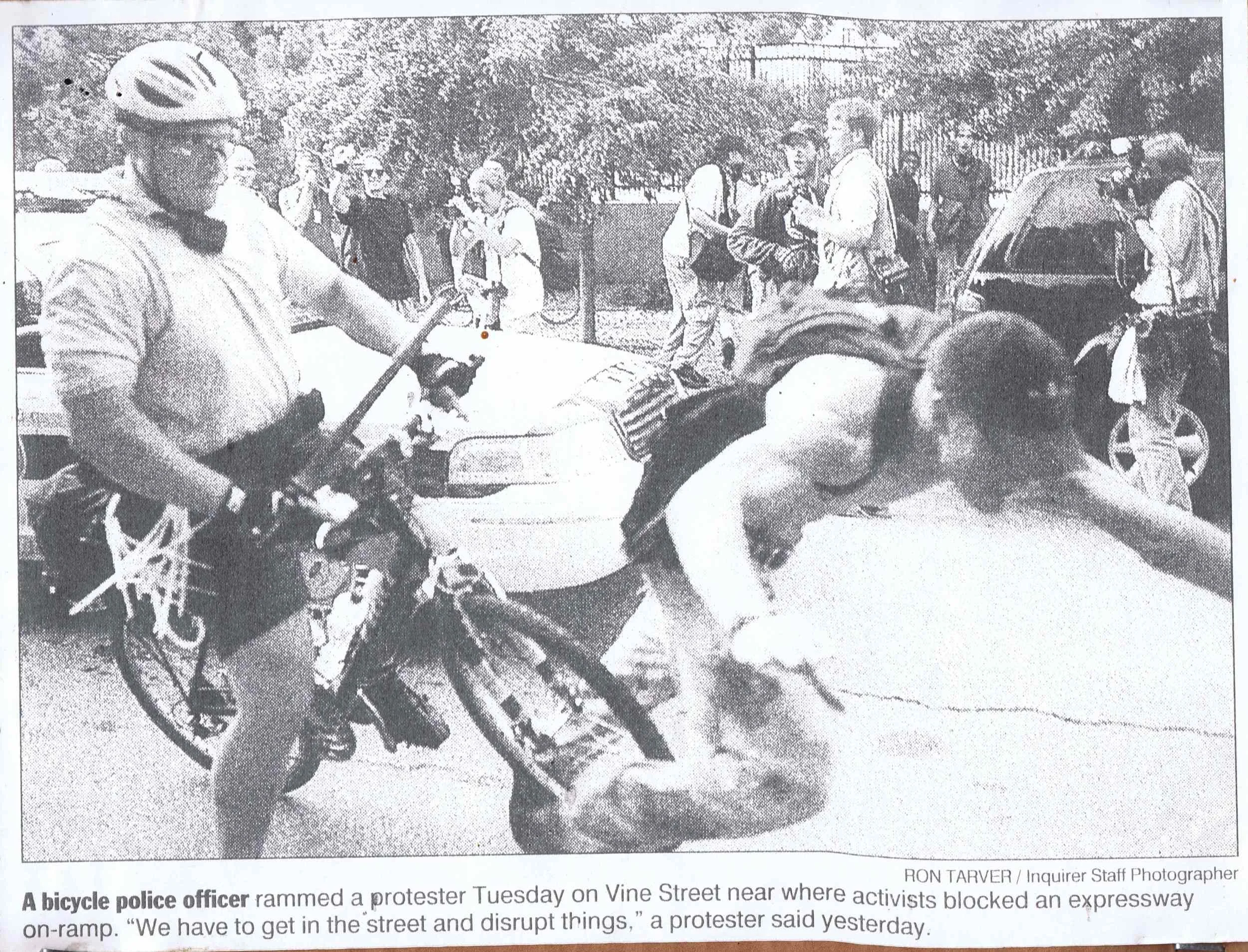It’s been well established that the US response to the coronavirus pandemic has resulted in tens of thousands of preventable and unnecessary deaths. From its initial indifference to the seriousness of COVID-19 to the lack of public health infrastructure and testing, the federal government’s negligence and incompetence is staggering and has had tragic consequences for hundreds of thousands of people.
To make matters worse, the virus has disproportionately impacted people of color in the US, further underscoring the structural racism and economic injustice that was in place long before COVID-19 and which has only worsened during the pandemic. With people of color incarcerated at far higher rates than White people, the rapid spread of the virus throughout US jails, prisons, and detention centers has predominantly affected prisoners of color. Police have also enforced social distancing and other public health measures in uneven and violent ways.










